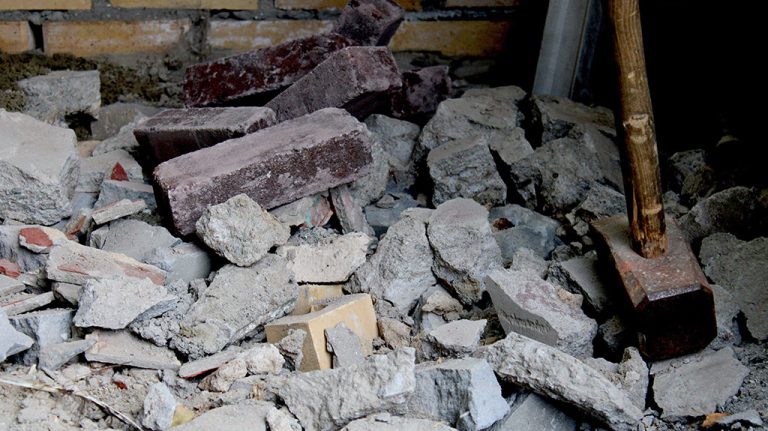
Biodegradable poly bags are gaining popularity as an eco-friendly alternative to traditional plastic bags. Biodegradable poly bags are plastic bags made from polymers that can decompose naturally through the action of microorganisms such as bacteria, fungi, or algae. Unlike conventional plastic bags, which can persist in the environment for hundreds of years, Biodegradable poly bags break down into natural components relatively quickly.
Environmental Impact:
Unlike conventional plastic bags, which contribute to pollution and harm marine life, Biodegradable poly bags offer a more sustainable option. They reduce the accumulation of plastic waste in landfills and oceans, minimizing environmental damage.
Degradation Process:
Biodegradable poly bags degrade through a process known as microbial decomposition. Microorganisms break down the polymer chains into simpler compounds like carbon dioxide, water, and biomass. This process typically occurs in industrial composting facilities, home composting systems, or natural environments with adequate microbial activity.

Compostability:
Many biodegradable poly bags are also compostable, meaning they can undergo degradation in composting conditions and produce nutrient-rich compost. Compostable bags break down into non-toxic substances without leaving behind harmful residues, making them suitable for organic waste management.
Timeframe:
The time it takes for biodegradable poly bags to decompose varies depending on factors such as material composition, environmental conditions, and microbial activity. In ideal composting conditions, some biodegradable poly bags can break down within a few weeks to a few months.
End-of-Life Options:
Biodegradable poly bags offer multiple end-of-life options. They can be composted in industrial composting facilities or home composting systems, where they degrade into organic matter. Alternatively, they can undergo anaerobic digestion to produce biogas and organic fertilizers. Proper disposal ensures minimal environmental impact and maximizes the benefits of biodegradable bags.
Limitations:
While biodegradable poly bags offer environmental benefits compared to traditional plastic bags, they are not without limitations. In certain environments with low microbial activity, such as landfills or marine ecosystems, biodegradation may be slow or incomplete. It’s essential to dispose of biodegradable bags properly to maximize their environmental benefits.
Regulatory Landscape:
Regulations regarding biodegradable poly bags vary across regions and countries. Some jurisdictions have implemented bans or restrictions on conventional plastic bags, encouraging the use of biodegradable alternatives. Stay informed about local regulations and choose biodegradable poly bags that comply with applicable standards.
Cost Considerations:
Biodegradable poly bags may be slightly more expensive than conventional plastic bags due to the use of alternative materials and manufacturing processes. However, the long-term environmental benefits and potential cost savings associated with reduced pollution and waste management make them a worthwhile investment for businesses and consumers.
Consumer Awareness:
Increasing awareness about the environmental impact of plastic pollution is driving demand for biodegradable alternatives. Businesses can capitalize on this trend by offering biodegradable poly bags as part of their sustainable packaging solutions, appealing to environmentally conscious consumers.







